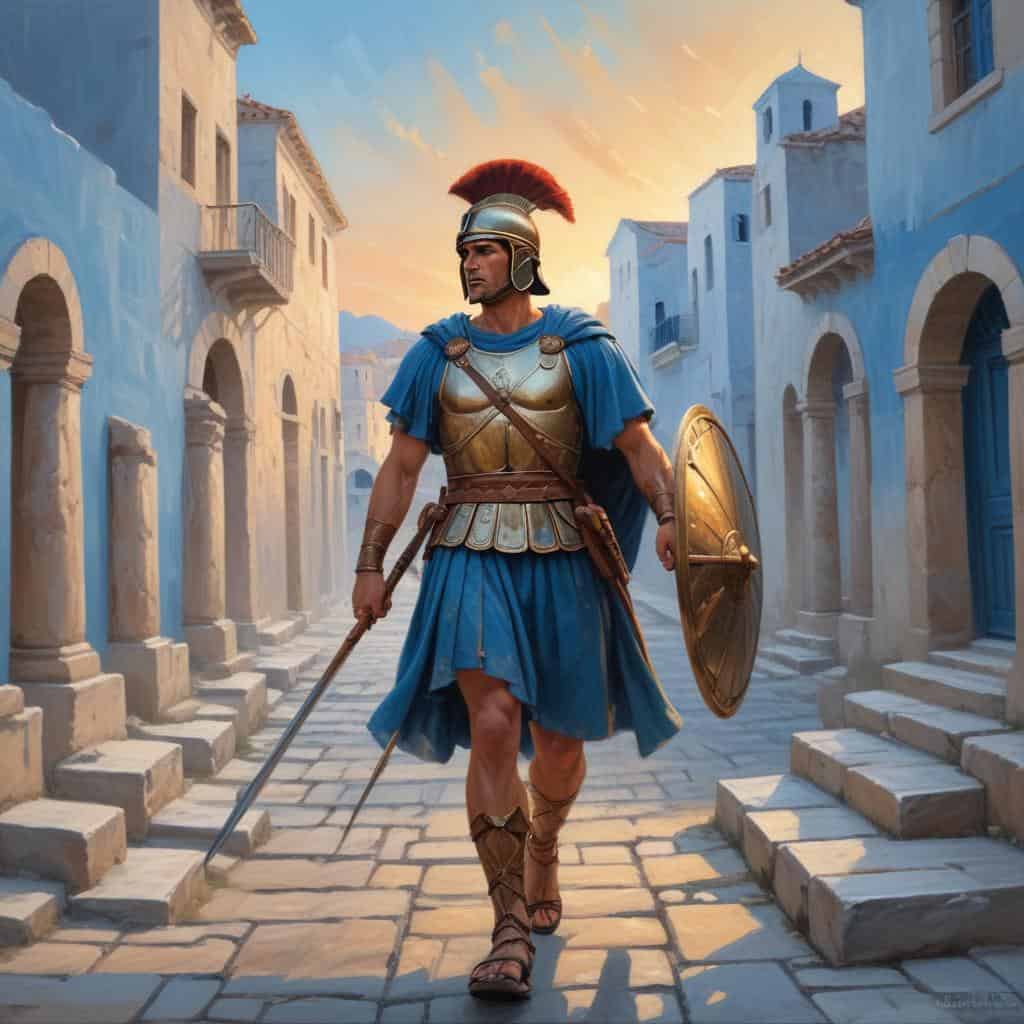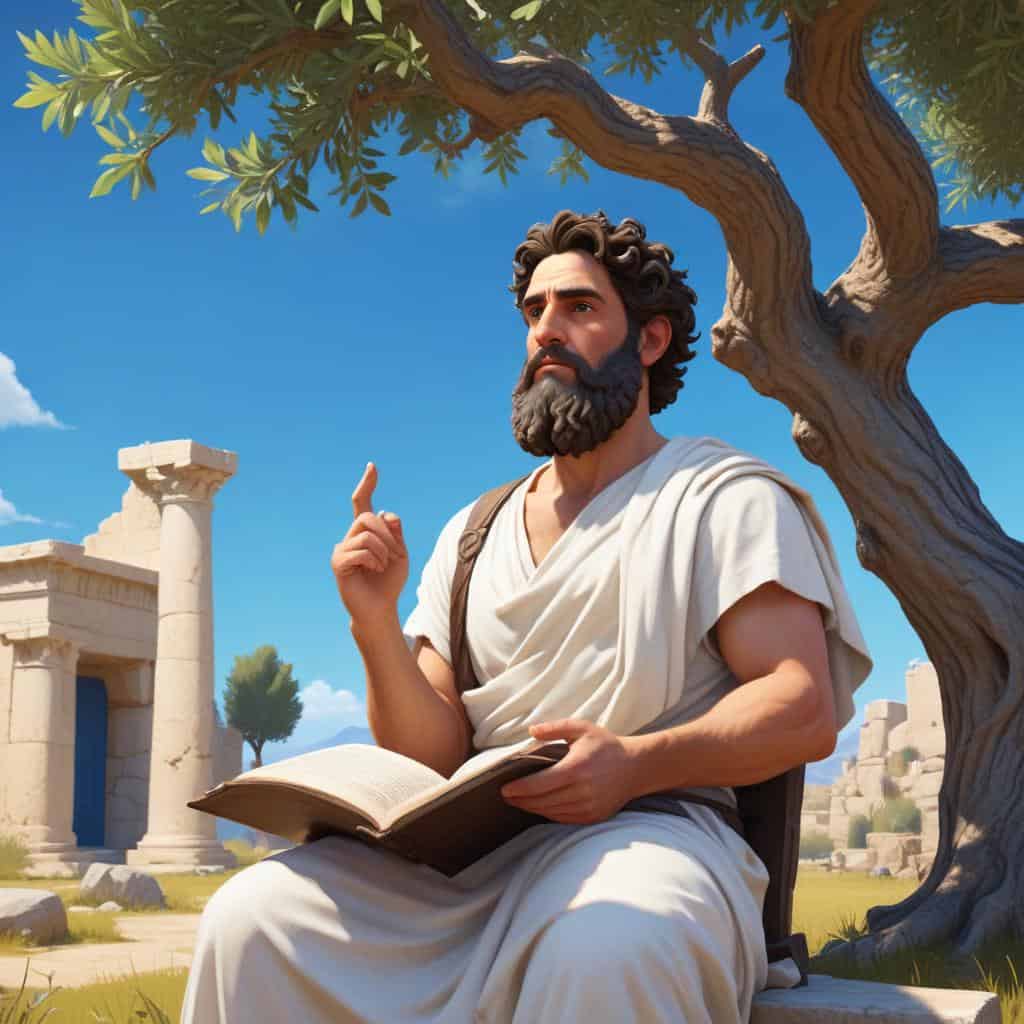Roman Greece refers to the period from 31 BC to AD 395 when Greece was part of the Roman Empire. During this time, Greece experienced significant cultural and political changes as it became integrated into the Roman world. The Romans brought their language, architecture, and legal system to Greece, influencing the local traditions and customs.
Many Greek cities flourished under Roman rule, benefiting from the stability and prosperity that the empire provided. However, Greek independence and autonomy gradually declined as Roman control increased. Despite this, Greek culture continued to thrive, influencing Roman art, literature, and philosophy. Roman Greece was a fascinating period of history that shaped the cultural landscape of the Mediterranean world.
Summary List
- Roman Greece was a period of time when Greece was under Roman rule, starting in 31 BC.
- Greek culture played a significant role in shaping Roman society during this time.
- The Roman Empire brought stability and infrastructure improvements to Greece.
- Many famous Roman emperors, such as Hadrian and Marcus Aurelius, had strong connections to Greece.
- The Byzantine Empire eventually emerged from the remnants of Roman Greece in AD 395.
Games And Apps
Learning Modules for Roman Greece
Battle of Actium (31 BC)
The Battle of Actium in 31 BC marked the final confrontation between Octavian and Mark Antony, resulting in Octavian's victory and the end of the Roman Republic.
I Want To Learn This!Roman conquest of Greece (146 BC)
The Roman conquest of Greece in 146 BC marked the end of Greek independence and the beginning of Roman rule in the region.
I Want To Learn This!Roman annexation of Macedonia (168 BC)
In 168 BC, Rome's victory over Macedonia at the Battle of Pydna marked the beginning of Roman annexation and control of the region.
I Want To Learn This!Sack of Corinth by the Roman general Lucius Mummius (146 BC)
Roman general Lucius Mummius sacks Corinth, a prosperous Greek city, in 146 BC, leading to the destruction of the city and the end of Greek independence.
I Want To Learn This!Roman destruction of Carthage (146 BC)
The Roman army ruthlessly razed Carthage to the ground in 146 BC, marking the end of the Punic Wars and the annihilation of a once powerful civilization.
I Want To Learn This!Roman conquest of Egypt (30 BC)
In 30 BC, Roman forces led by Octavian defeated Cleopatra and Mark Antony, marking the end of ancient Egypt's independence.
I Want To Learn This!Construction of the Roman Agora in Athens (1st century BC)
Discover the ancient heart of Athenian commerce and politics with the construction of the Roman Agora in the 1st century BC.
I Want To Learn This!Roman Emperor Hadrian’s visit to Greece (AD 124-125)
Roman Emperor Hadrian's visit to Greece in AD 124-125 marked a significant cultural and architectural revival in the region.
I Want To Learn This!












